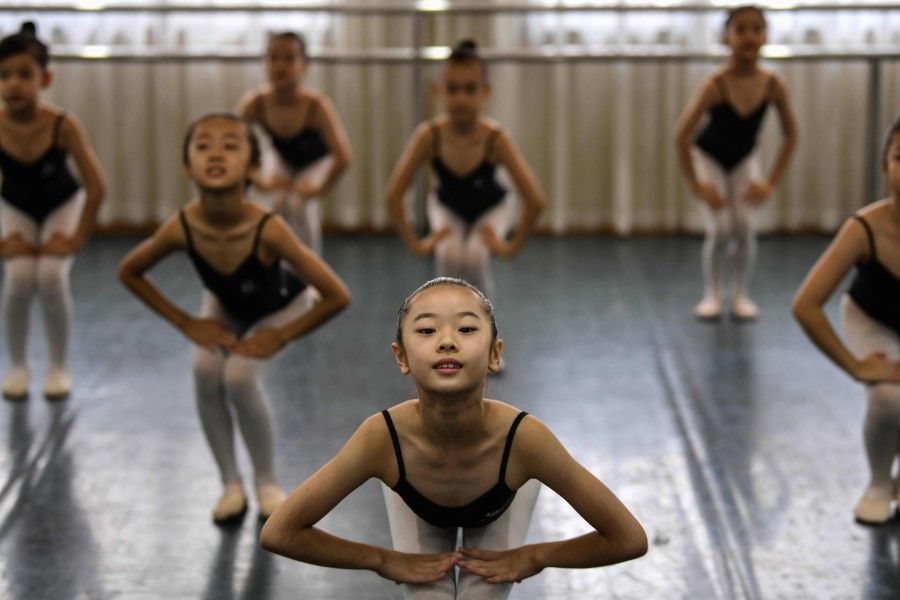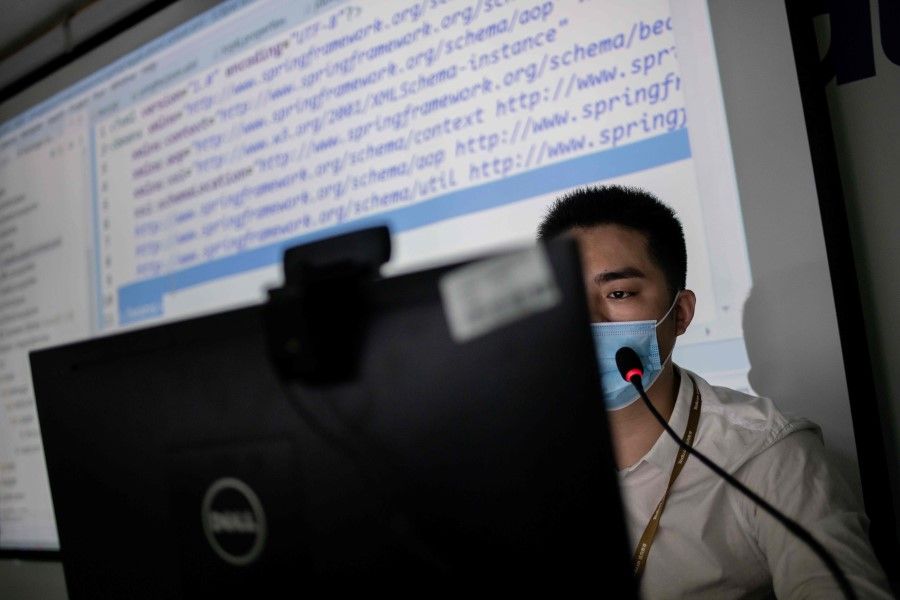Why online education fails to thrive in China amid the pandemic

On 1 September, Reuters reported that the eight-year-old Chinese online education platform Yuanfudao is set to raise US$1.2 billion (S$1.6 billion) in a new funding round, which will raise its value to about US$13 billion. Its valuation has nearly doubled in six months from March.
The rapid growth of Yuanfudao speaks of the high potential for the online education platform industry to grow. But reaping the benefits is not so straightforward.
...the mandatory social distancing due to the coronavirus has given various online platforms an opportunity for free publicity. As long as these platforms meet user needs, they will naturally be options for users.
Digital platforms seize opportunity amid Covid-19 crisis
Veteran internet investors consider the current coronavirus a chance for a complete review of the internet industry. All industries that can truly be substituted or led by the internet will benefit from the coronavirus, and get a prime opportunity to open up the market.
This view is undoubtedly correct. In non-pandemic times, despite the efficiency of the internet, getting users to shift from offline to online spending called for costly publicity. For instance, to push the DiDi app and encourage users to download it and use it to book rides, the company spent 100 million RMB in the first month on incentives for users. In the whole of 2014, the DiDi and Kuaidi ride-hailing apps spent a total of 2.4 billion RMB on incentives, which became an online war to see who had more money to burn.
However, the mandatory social distancing due to the coronavirus has given various online platforms an opportunity for free publicity. As long as these platforms meet user needs, they will naturally be options for users.
Nonetheless, we still see industries like online education in which there has been high expectations but poor performance.
However, in the whole of China, not one online education platform or massive open online course (MOOC) website has been able to launch into online teaching of any decent scale.

Reaping online education sales harder than it seems
Let's first take a look at the consequences.
The Reuters report noted that China's online education sector saw a sharp rise in interest after Covid-19 precipitated the move to online classes. The report further said that Chinese research firm IT Orange found that start-ups targeting K-12 education have raised 12.5 billion RMB in the first half of this year, which is over 60% of the total amount raised by the sector.
However, in the whole of China, not one online education platform or massive open online course (MOOC) website has been able to launch into online teaching of any decent scale. The ones who are really conducting online teaching in schools across China are Alibaba's office app DingTalk, and various live streaming websites.
And here's the problem. Way back in the PC internet era, investment organisations were already venturing into platforms allowing teachers to conduct online lessons. Why is it that ten years later, the online teaching market has not been revolutionised like online shopping, ride hailing, and lifestyle?
Some say it is because in a country like China where the internet is well-developed, the education sector is led by the state, and so it is difficult for the internet sector to change the situation. But this view does not make sense. China's tuition industry has always been market-driven. Currently, the industry is dominated by vendors such as Xueersi Online School and OneSmart Education that conduct regular classes. For these platforms, online lessons are just complements, and not their core business.
For most people, especially children, learning is not self-motivated but calls for some external push. It is not spontaneous, much less "addictive".
The vagaries of the information sector
So why is online education in such bad shape? The main reason is because how internet technology is categorised is very different from how traditional industries are categorised.
The technology used in online education, especially online video lessons, is the same as that used for live streaming of dancing and singing and business. This technology does not change because the content is different. In other words, if internet industries like live streaming of dancing and singing makes more money than online teaching, then the best developers and tech resources would go to live streaming of singing and dancing and online videos rather than online education. When online videos and live streaming is mature, when people really need online education videos and live streaming, they would naturally use existing platforms.

Online education a hard sell
Compared to online streaming and videos, online education is definitely at a disadvantage. First, live streaming of dancing and singing is considered entertainment, which is highly spontaneous and "addictive". For most people, especially children, learning is not self-motivated but calls for some external push. It is not spontaneous, much less "addictive".
When a live streaming platform goes online, a good user experience will get people hooked, and good reviews of a good product will lead to a snowball effect on the number of users who would be willing to pay and reward the vendor. Few students would get addicted to lessons, and it would be even harder to get a snowball effect of students signing up and paying because of good reviews of a course. No wonder it is so difficult to grow user numbers on educational platforms.
Not only is user growth slow, user payments are also inherently insufficient. For live streaming entertainment, basically the user decides to pay. Once the user is hooked, payments are natural and sustained. Users of education are students who do not have their own money. Their parents are the ones who have to be persuaded to pay, and they usually pay just to try out the service. If there is no clear improvement in their child's results, parents are no longer willing to pay. But most of the time, results do not improve in a short time, which most parents do not understand, and so there is a low rate of payment renewals.

And because teachers cannot supervise learning in online teaching as they do during regular lessons, for most students, online lessons are less effective than regular lessons. So, online lessons are still not as efficient or effective as traditional in-person training.
These three points mean that online education platforms are barely surviving. In the end, the technical teams of such platforms often find themselves working for educational groups that conduct traditional regular lessons, as a side job. In the education sector, there has never been a big disrupter like Alibaba in the retail industry.
For a long time, everyone thought the internet was just to reproduce online what was traditionally done offline. This is a completely wrong idea...
Lesson to learn from online education
When there is sufficient demand for online education from self-motivated users who are hooked on learning, it will be absorbed into well-established video and live streaming platforms as a customer subset of paid knowledge content. Amid the current pandemic, the perfect support rendered by video and live streaming platforms for education proves that there is no more room for standalone online education platforms.
This case study is an important lesson for governments, investment groups, and internet vendors. For a long time, everyone thought the internet was just to reproduce online what was traditionally done offline. This is a completely wrong idea, because regular industries' practices are different from the way internet technology categorises industry functions. If one rigidly thinks that a particular industry is not yet online and starts to develop the online technology for a dedicated platform without thinking about how internet technology categorises industry functions, one is likely to meet the tragedy of online education. This awareness is especially important for governments who are pumping in a lot of money on initiatives to bring various industries online.
